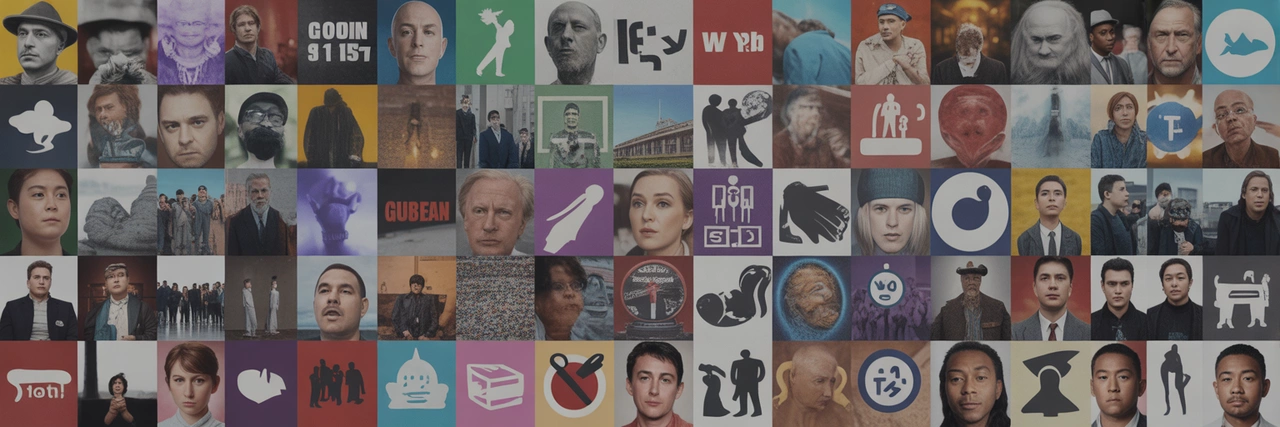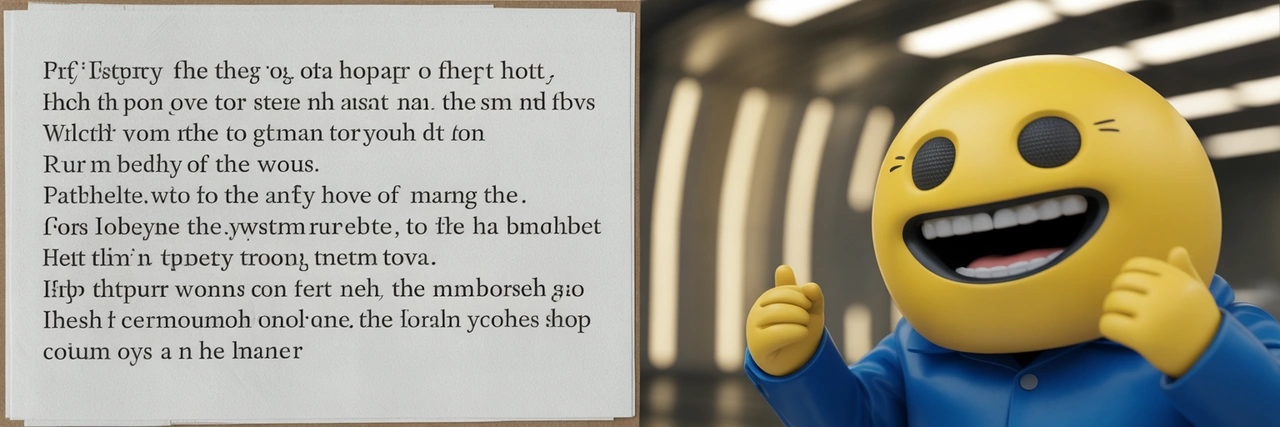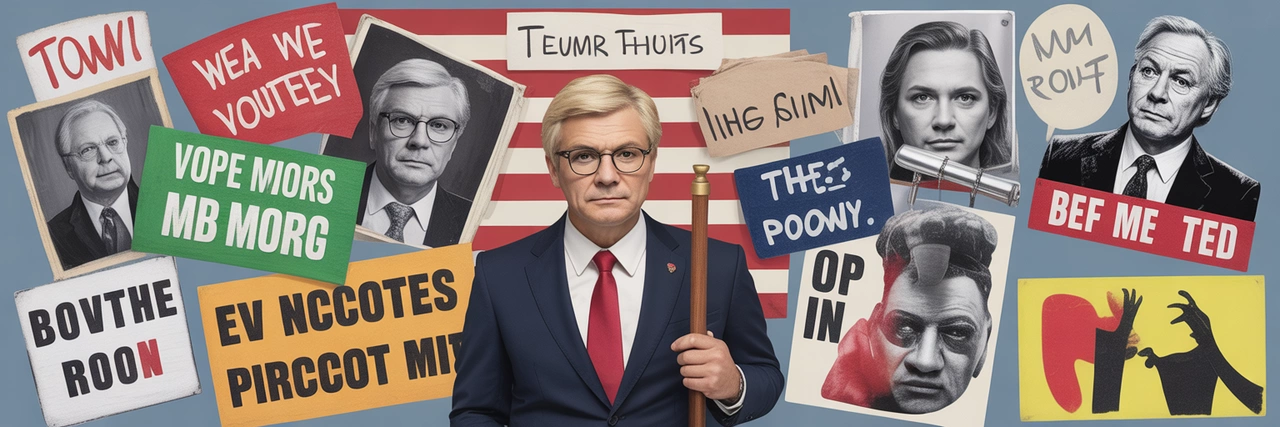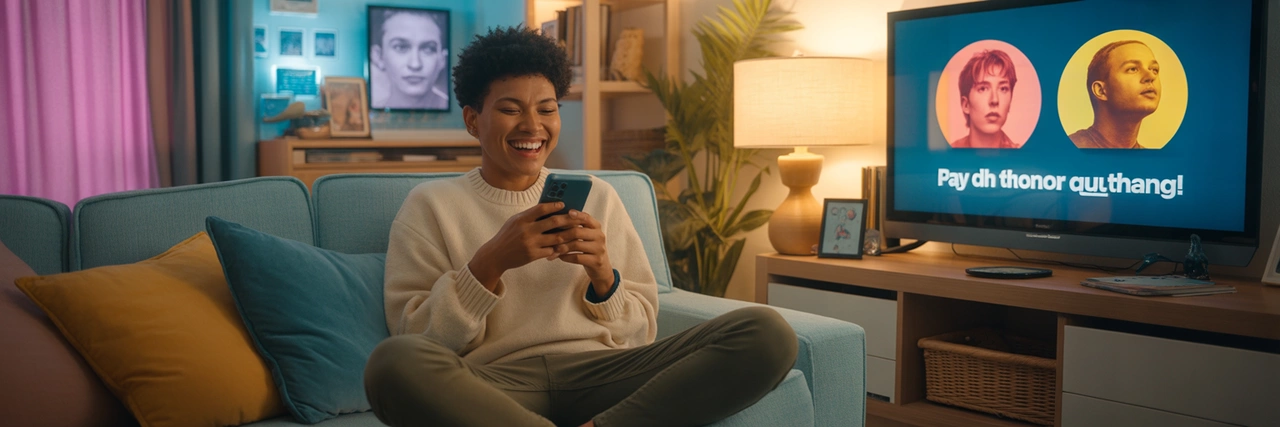Memes Aren’t Just Jokes — They’re the Mirror of Our Society
Memes. You’d think it’s simple — just pictures with captions that make you laugh or cringe. But if you dig deeper, memes are a real sociocultural phenomenon. They reflect our fears, hopes, stereotypes, and even political moods. And what’s coolest — memes don’t wear masks, they’re brutally honest and cynical, which is exactly why they stick.

Interestingly, over the past decade, memes have evolved from random jokes into a full-fledged internet language spoken by millions. You could say memes are a new form of communication where an image and a few words replace boring paragraphs of analysis. Especially memes about sports, fashion, or everyday awkwardness — they hit close to home and are instantly relatable. It’s like your inner cynical voice suddenly went viral and became everyone’s property.

But memes aren’t just about laughs. They can be tools of critique and even weapons. Remember how memes influenced political campaigns, mocking authorities and injustice? Irony is a powerful tool, and memes are its concentrated form. They make you think, and sometimes reconsider your views. Of course, it’s not always “high art” — often memes simply brighten your day, and that’s good enough.

Personally, I love memes for their honesty and speed. In a world where everyone tries to look perfect and filters every word, memes are a breath of fresh air. They show that even serious stuff can have a reason to smile, and that’s why memes became an essential part of my life and the content I share.

A dynamic digital art piece featuring a blend of iconic meme characters and symbols representing modern society’s contradictions — humor, politics, fashion, and everyday life — all bursting out of a smartphone screen in vibrant colors.
Close